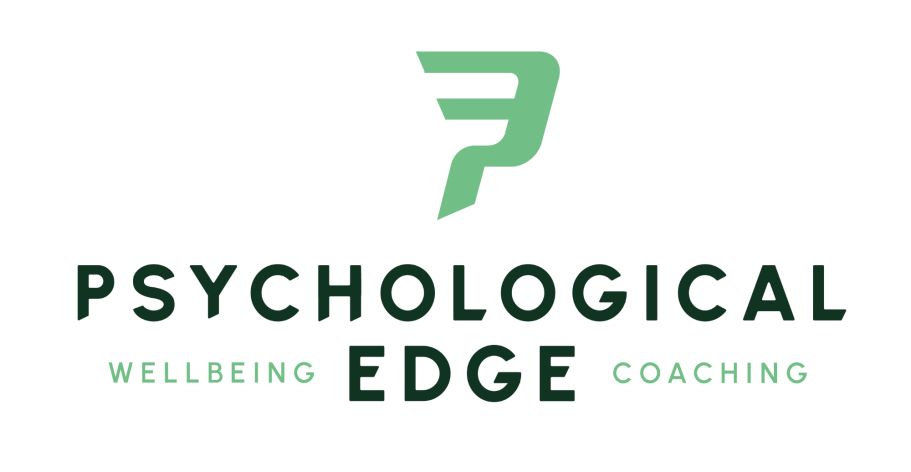What is Golf Therapy?
Seeking support for your mental health can be daunting, and traditional clinical settings can sometimes feel unsettling. At Psychological Edge we have decided to offer an alternative environment for therapy – on the golf course!
Therapy on the golf course provides an accessible and healthy environment to meet with a Clinical Psychologist and discuss any challenges you may be facing with your mental health.
Combining evidenced based therapy models with physical exercise, being outside, and having fun offers an engaging, meaningful, and holistic method of developing your mental wellbeing.
This type of therapy is open to all levels of golfers, from complete beginners to experienced golfers.
Research has found that outdoor therapy approaches can be a helpful model in supporting individuals mental health and wellbeing (BPS: The use of talking therapies outdoors, 2020).
Therapy in action
By delivering therapy outside of a clinic room, we have a greater opportunity for instant learning, connection, understanding, and real life practice.
Embracing nature
Take full advantage of the fundamentals to wellbeing by being outside, breathing in fresh air, disconnecting from technology, and moving your body.
Engaging in play
At Psychological Edge, we are big believers in promoting your mental wealth through recreation, fun, and competition.
How does it work?
Step 1)
Initial consultation and assessment
We'll start with an initial consultation over the phone or online. During this call we will establish how we can help and what kind of therapy approach we think would be most appropriate for you. It is crucial that we feel the outdoor golfing environment can support your psychological needs and goals.
During this assessment, we will find out more about how we can help, and may discuss relevant life experiences and family history. We may also complete some specific questionnaires if necessary.
We may schedule a 30 minute taster golf therapy session to help inform which approach would work best for you.
If necessary, we may also suggest alternative services that may be more appropriate at the time of our assessment.

Step 2)
Sessions on the golf course
Depending on the type of golf therapy we have scheduled (on the course, putting green, or driving range), we will meet at an agreed location.
You will be able to play golf as you normally would, and we will walk and talk alongside. There will be natural gaps for reflection while taking shots, and we can rely on golf and nature as a metaphor for practice, habits, and change.
Each session will be tailored to you and your needs. You may benefit from and want more regular and longer-term sessions over the course of a few months, or you may want to use sessions as more of a check-in around your mental health or performance.
We will develop a formulation to inform our therapeutic approach, which we can talk through on the course, and we may complete experiments to test specific ideas and beliefs. These experiments may be on or off the course. It is also common for us to set therapy goals at the end of sessions for you to complete in between sessions.

Step 3)
Reviewing our sessions
It can be helpful to book in specific sessions to review how the therapy / coaching is going. This will give us an opportunity to reflect back on your initial assessment and goals.
We may repeat any questionnaires completed at the start as a comparison to measure progress and changes.
This review will also help us to explore the need for further sessions or if any additional external services may be appropriate.



